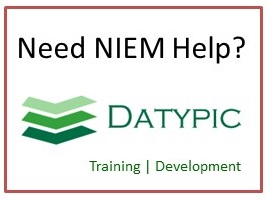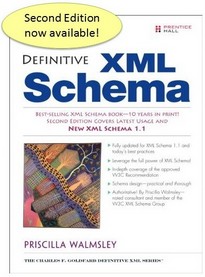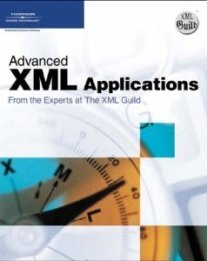gml:end
Element information
Namespace: http://www.opengis.net/gml/3.2
Schema document: external/ogc/gml/3.2.1/temporalReferenceSystems.xsd
Other elements with the same name: gml:end
Type: gml:TimeNodePropertyType
Properties: Local, Qualified
Content
- gml:TimeNode [0..1]A time node is a zero-dimensional topological primitive that represents an identifiable node in time (it is equivalent to a point in space). A node may act as the termination or initiation of any number of time edges. A time node may be realised as a geometry, its position, whose value is a time instant.
Attributes
| Name | Occ | Type | Description | Notes |
|---|---|---|---|---|
| xlink:type | [0..1] | xsd:string | Fixed value is "simple". from group xlink:simpleLink | |
| xlink:href | [0..1] | xsd:anyURI | from group xlink:simpleLink | |
| xlink:role | [0..1] | xsd:anyURI | from group xlink:simpleLink | |
| xlink:arcrole | [0..1] | xsd:anyURI | from group xlink:simpleLink | |
| xlink:title | [0..1] | xsd:string | from group xlink:simpleLink | |
| xlink:show | [0..1] | Anonymous | The 'show' attribute is used to communicate the desired presentation of the ending resource on traversal from the starting resource; it's value should be treated as follows: new - load ending resource in a new window, frame, pane, or other presentation context replace - load the resource in the same window, frame, pane, or other presentation context embed - load ending resource in place of the presentation of the starting resource other - behavior is unconstrained; examine other markup in the link for hints none - behavior is unconstrained | from group xlink:simpleLink |
| xlink:actuate | [0..1] | Anonymous | The 'actuate' attribute is used to communicate the desired timing of traversal from the starting resource to the ending resource; it's value should be treated as follows: onLoad - traverse to the ending resource immediately on loading the starting resource onRequest - traverse from the starting resource to the ending resource only on a post-loading event triggered for this purpose other - behavior is unconstrained; examine other markup in link for hints none - behavior is unconstrained | from group xlink:simpleLink |
| nilReason | [0..1] | gml:NilReasonType | from group gml:AssociationAttributeGroup | |
| gml:remoteSchema | [0..1] | xsd:anyURI | from group gml:AssociationAttributeGroup | |
| owns | [0..1] | xsd:boolean | Default value is "false". from group gml:OwnershipAttributeGroup |
Used in
- Type gml:TimeEdgeType (Element gml:TimeEdge)
- Type gml:TimeOrdinalEraType (Element gml:TimeOrdinalEra)
Sample instance
<gml:end> <gml:TimeNode gml:id="ID"> <gml:metaDataProperty> <gml:GenericMetaData>Any text, intermingled with: <!--any element--> </gml:GenericMetaData> </gml:metaDataProperty> <gml:description>string</gml:description> <gml:descriptionReference/> <gml:identifier codeSpace="http://www.example.com/">string</gml:identifier> <gml:name>string</gml:name> <gml:relatedTime> <gml:TimeInstant gml:id="ID">... </gml:TimeInstant> </gml:relatedTime> <gml:complex/> <gml:previousEdge> <gml:TimeEdge gml:id="ID">... </gml:TimeEdge> </gml:previousEdge> <gml:nextEdge> <gml:TimeEdge gml:id="ID">... </gml:TimeEdge> </gml:nextEdge> <gml:position> <gml:TimeInstant gml:id="ID">... </gml:TimeInstant> </gml:position> </gml:TimeNode> </gml:end>



